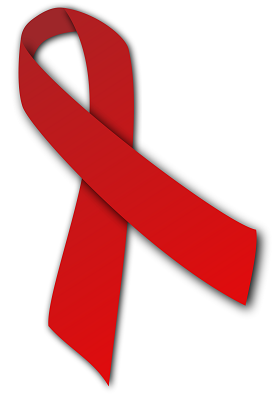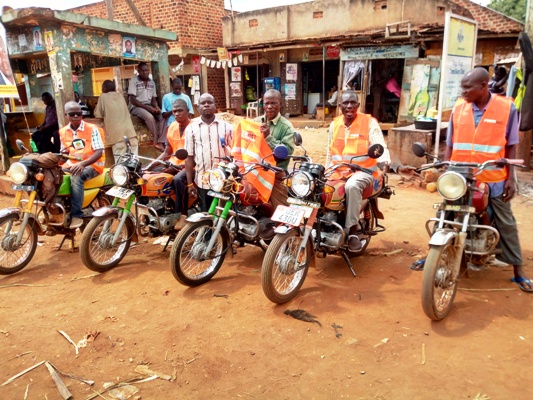For the last 25-years, Lillian Kihumuro has lived with HIV/AIDS and described her walk as the longest and hardest journeys of her life.
Kihumuro revealed that at the age of 3, she could frequently fall sick prompting her uncle who had adopted her to seek medical check-up, and later it was discovered she had the virus which she was born with.
Speaking to URN in an interview on Friday, Kihumuro disclosed that after testing positive, her new family members stigmatized and isolated her to the extent that she could not be allowed to touch or use utensils.
She disclosed that she was enrolled on Anti-Retroviral Treatment – ART and later, joined a boarding primary school where she abandoned her medication and resorted to hiding her tablets because she was never told why she was being treated.
She says her condition deteriorated, reunited with her parents until she was taken again to Fort Portal Regional Referral Hospital where her uncle had earlier taken her for another medical examination where she was told she had HIV.
As an adolescent girl, she recounted that she felt hopeless, and very saddened by the news which she could not stomach prompting her to opt for suicide but she was restrained and locked for a week in a room to avoid her taking away her life.
After completing primary, Kihumuro joined secondary and her because of poor adherence to medication, her HIV progressed to AIDS. She had abandoned treatment for six months after a priest ‘anointed’ her with oil and convinced her she was healed.
She kept her drugs with the school Matron for safety and away from the mockery of fellow students. But one day, Kimururo recalled that the Matron ran out of patience and threw her tablets in the dormitory corridor while ridiculing her in front of other students.
Angered by the Matron’s act, Kihumuru recalls collecting her scattered tablets and isolated herself in her room and swallowed overdose to aid suicide for fear of what her peers would say about her status.
Kihumuru narrated that her situation continued throughout her Advance Level of Education, and later at the University where she joined especially with her skin no-so-good looking prompting gossips among her peers.
Her turning point was in 2018, when she heard about the beauty pageant, an activity of the Uganda Network of Young People Living with HIV/AIDS – UNYPA. The Network helped her expose her to people with similar situation where she openly shared her life story.
However, there was particular incident of dating that Kihumuro recalled when her boyfriend expressed interest in her. Nonetheless, though they had not gone intimate yet, Kihumuru said she disclosed her status and the boyfriend pretended all was okay with him.
In a twist, Kihumuro said her boyfriend rallied his close relatives and friends in a restaurant and invited her over, adding that she thought he may have decided to engage her for a long term relationship but only announce her status to the gathering and accusing her of wanting to infect him.
Such are some of the heart wrecking incidents of stigma and discrimination relating to HIV/AIDS that characterized Kihumuro’s early life at home and in school. But she says she has developed more resilience and has since learned to keep strong, regardless.
Further, she disclosed that currently, she is in a relationship with a man whose status is negative with a one-year-old son who is equally negative as she remains positive and adhering to her treatment. Her story represents hundreds of others in the country who have faced the same ordeal.
Last week on May 23rd, 2022 Kihumuro was among representatives of 12 self-governing entities under the National Forum of People Living with HIV/AIDS Networks Uganda – NAFOPHANU who petitioned Parliament’s Committee on HIV/AIDS over delay in the operationalization of the National AIDS Trust Fund – ATF.
They petitioners expressed concern about the future of people living positive in the country in the wake up waning donor funds. They also cited the persistence of stigma and discrimination, inadequate domestic financing for Health, and inadequate management of Non-Communicable Diseases – NCD triggered by long-term use of Anti-Retroviral Treatment – ART among others that Government should deal with.
Despite the significant progress in the fight against HIV/AIDS that Uganda has achieved, over 1.4 people are still living with the virus and 1.2 million others are on treatment. UNAIDS estimates put HIV prevalence at 6.8 percent out of which 7.1 percent among women and 4.3 for men.
The Uganda Population-Based HIV Impact Survey (UPHIA) report 2021 estimates also indicate that 53,000 people were newly infected with HIV; 5,700 children aged under the age of 14 years and 48,000 adults aged 15 and above.
-URN





